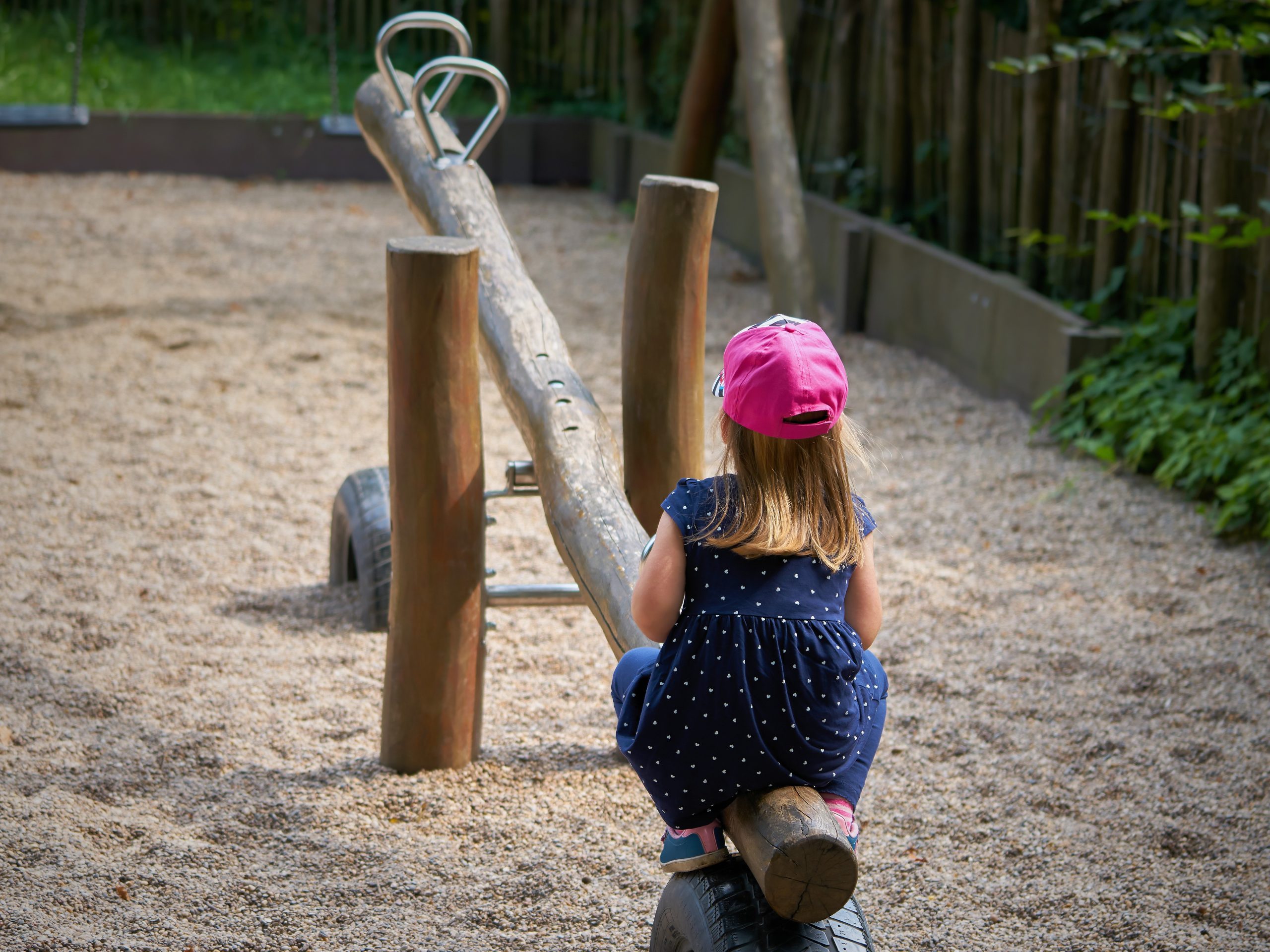ARTICLE: A new study shows interesting findings about the population’s view of adoption as a child welfare measure.
Adoption as a child protection measure is disputed because the state can carry out an adoption of a child without parental consent. An adoption means that the legal bond between biological parents and the child is terminated and transferred to the adoptive parents.
In a new article published in the Norwegian Journal of Social Research, Hege Stein Helland, Siri Hansen Pedersen and Marit Skivenes examine the Norwegian population’s view of child welfare adoption.
Better outcome for children
The authors explains that adoption as a child welfare measure is an important question, as there is extensive research showing that adoption lead to better outcomes for children than long-term placement in foster homes.
– The child welfare service can carry out adoptions of foster children without the consent of the biological parents, but Norwegian courts requires particularly compelling reasons to allow adoption. It is therefore rare that such adoptions are made in Norway, although research shows that adoption will often be best for the child, explains PhD Candidate Hege Stein Helland.
Support for adoption
The researchers conducted a survey among a representative sample of the Norwegian population. The main finding is that the general population seems to be positive towards adoption as a child welfare measure.
However, there are variations between different groups. The perception of the value of biological ties varies with political orientation, age, gender and income.
– The majority, however, are of the opinion that the benefits of adoption trumps the value of biological ties. But when it comes to accepting the use of coercion, the population is more divided in their view, states PhD Candidate Siri H. Pedersen.
– We believe the support for adoption may be due to a development in the Norwegian society where children’s perspective and rights are seen as increasingly important, explains Professor Marit Skivenes.
The full article is available free of charge in the Norwegian Journal of Social Research (in Norwegian).
Helland, Pedersen & Skivenes (2020). Adopsjon eller offentlig omsorg? En studie av befolkningens syn på adopsjon som tiltak i barnevernet [Adoption or public care – Citizens’ views on adoption as a child protection measure]. Tidsskrift for samfunnsforskning, 61 (2), 124–139.
ILLUSTRATION: Colourbox

